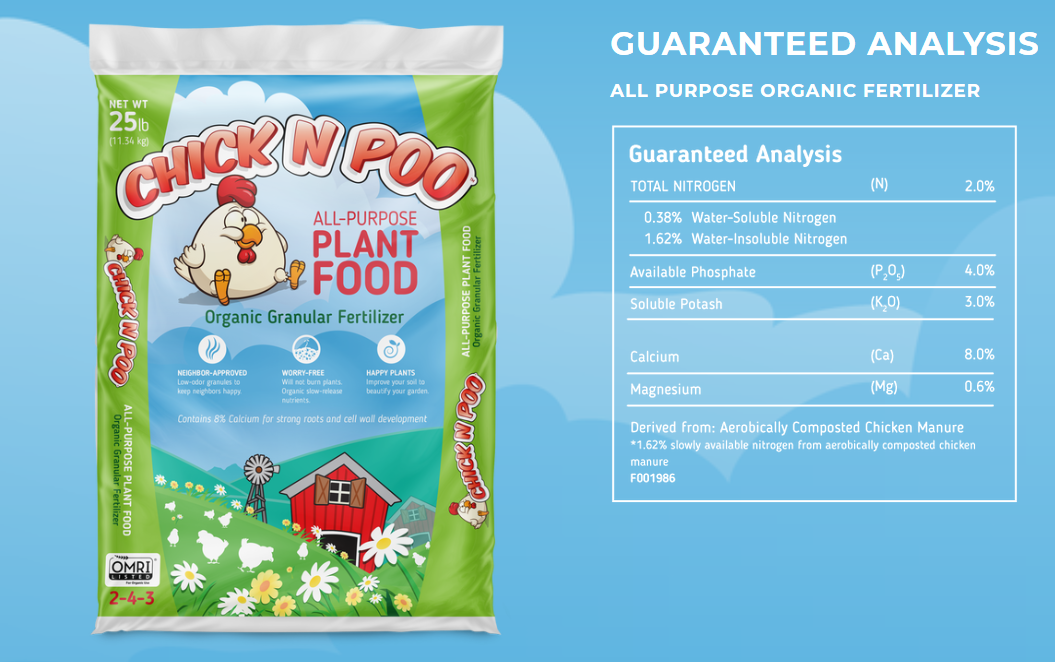If you top dress with compost, that's ok, but it's not a suitable replacement for some other feeding regimen. (unless you are in raised beds, constantly replenishing) Kitchen scrap and/or leaf compost is fantastic for your container plants - but as a plant food, runs out of steam really quick. (compost is best utilized as a nutrient retainer and microbe inoculant in your mix) Same goes for worm castings. Should you use them? Absolutely. Just don't rely on them solely to provide the heavy feeding needs of a plant that's steaming towards pod production.
.
Compost tea is always a fun subject around here. "Compost" needs clarification. We always hear about people feeding "compost tea" as a main source of nutrients, with supposed great results. But when put on the spot, they almost always end up revealing that they're using composted manure, which really ends up in the camp of "manure tea". It's a much more nutritionally complete profile than other sources of "compost".
.
Undoubtedly, someone will chime in with a contrarian response, with some obscure or academic method of feeding with compost. However, we need to be clear about what your "compost" is. Because not all "compost" is created equally.
.
Compost tea is always a fun subject around here. "Compost" needs clarification. We always hear about people feeding "compost tea" as a main source of nutrients, with supposed great results. But when put on the spot, they almost always end up revealing that they're using composted manure, which really ends up in the camp of "manure tea". It's a much more nutritionally complete profile than other sources of "compost".
.
Undoubtedly, someone will chime in with a contrarian response, with some obscure or academic method of feeding with compost. However, we need to be clear about what your "compost" is. Because not all "compost" is created equally.

